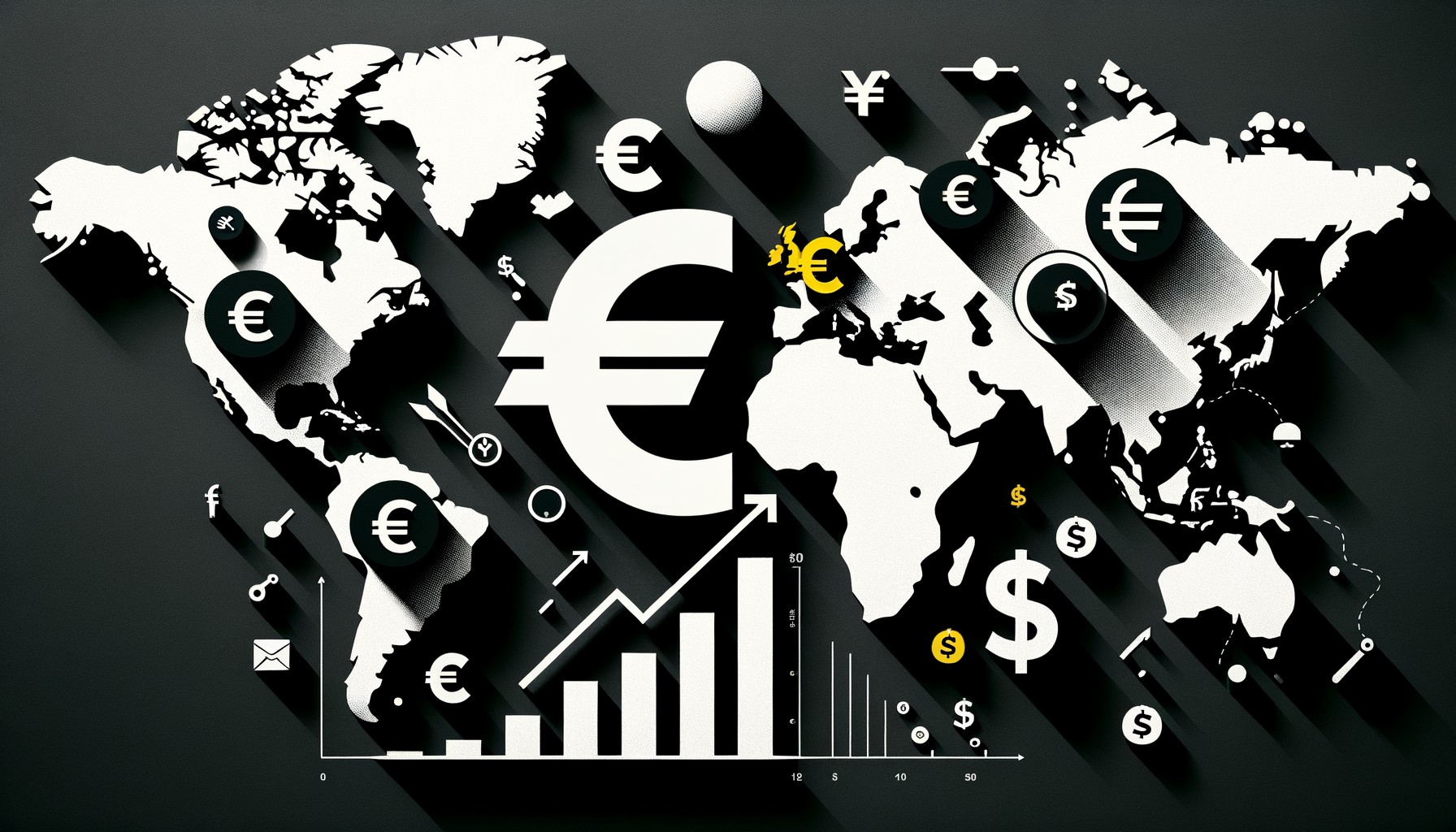Jobs
Euro Slides Amid Political Uncertainty And Strong US Jobs Data

What’s going on here?
The euro hit a one-month low against the dollar ($1.0748), while the dollar strengthened amidst political turmoil in Europe and strong US job reports. Meanwhile, the Japanese yen could be in for moves as the Bank of Japan (BoJ) meets.
What does this mean?
The euro’s drop is tied to political instability in Europe, highlighted by the rise of far-right parties in the European Parliament elections and French President Emmanuel Macron’s call for a snap national election. This comes as the dollar surged, backed by robust US non-farm payrolls data, which showed 272,000 jobs added last month. With the Fed’s upcoming policy meeting and crucial US
inflation
data on the horizon, markets are revising rate cut expectations to 36 basis points for the year, down from nearly 50 basis points pre-jobs report. The Fed’s ‘dot plots’ will be critical, as previous projections in March indicated three 25-basis-point rate cuts were anticipated this year.
Why should I care?
For markets: Navigating currency market
volatility
.
The dollar strengthened notably, rising against the Japanese yen by 0.15% to 157 yen, with the dollar index hitting 105.15. The BoJ’s upcoming policy decisions could further impact the yen, especially regarding their
bond
-buying strategies. If the BoJ maintains its current approach without reducing Japanese government bond (JGB) purchases, the USD/JPY might see intervention levels similar to those seen in April. Nomura’s analysts indicate that without a hawkish surprise from the BoJ, the yen could initially weaken post-policy announcement.
The bigger picture: Global economic shifts on the horizon.
Political instability in Europe and the increased likelihood of a hawkish Fed stance are shaping currency markets globally. US inflation data and Fed policy decisions are poised to significantly influence global markets. Meanwhile, European political uncertainties, especially Macron’s unexpected election call, add layers of complexity. The BoJ’s monetary policy choices will also play a crucial role, particularly in setting short-term rates and managing bond purchases, which could affect international financial dynamics.


)






